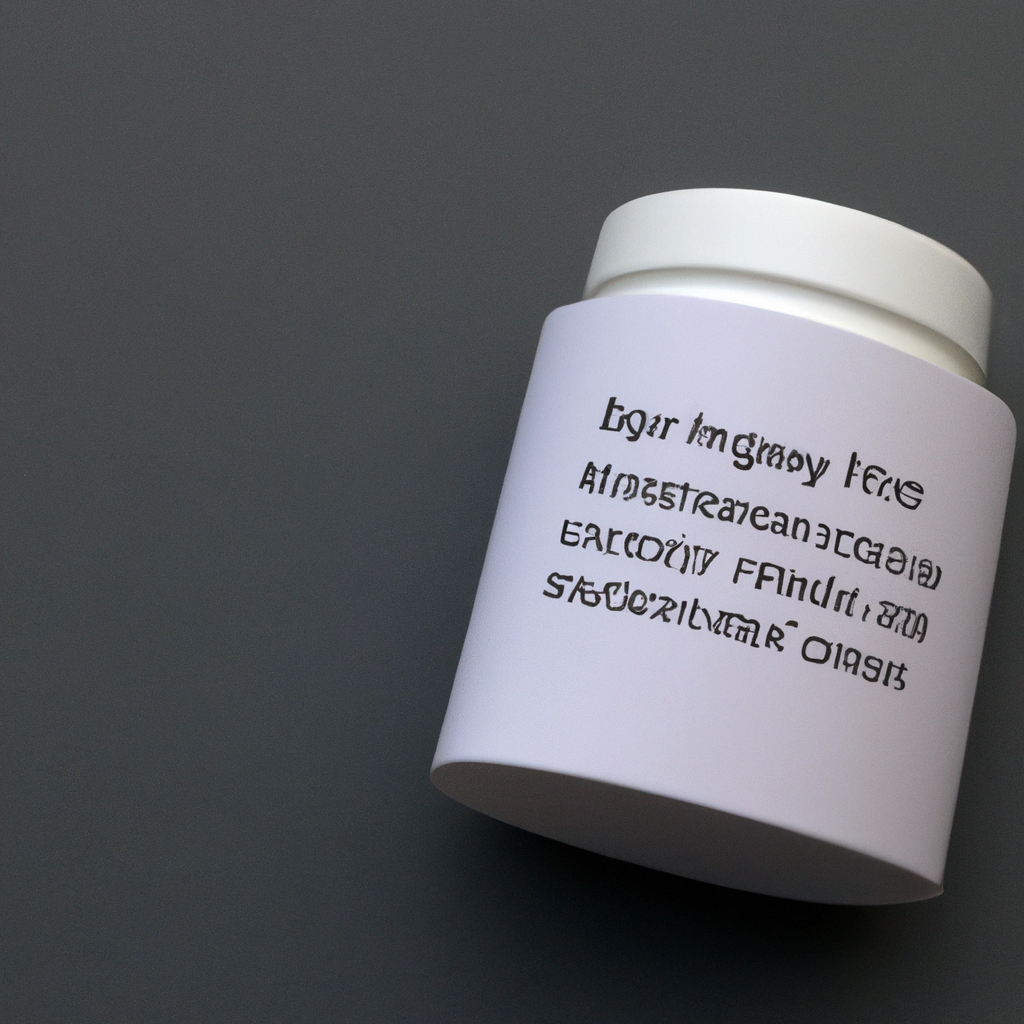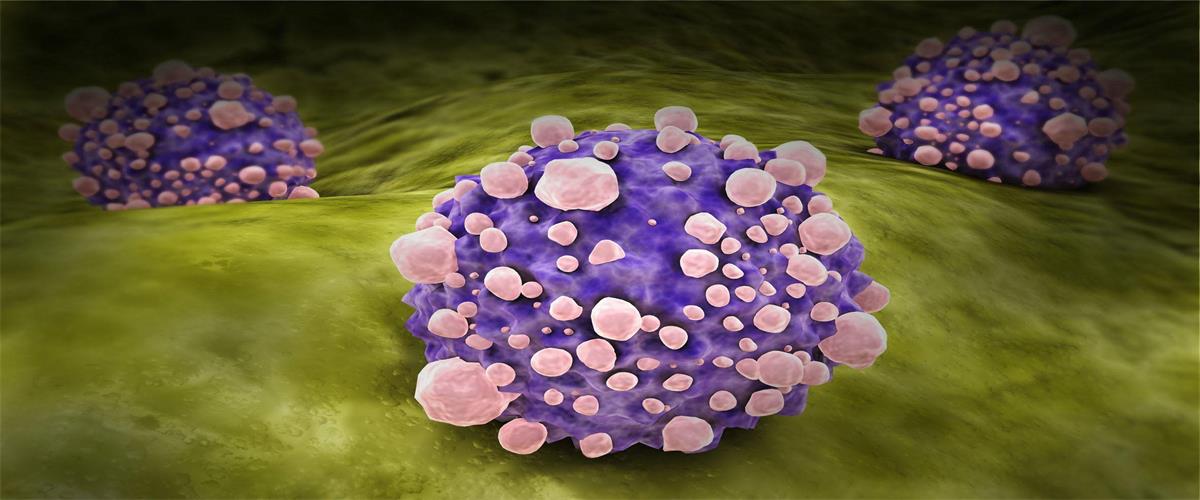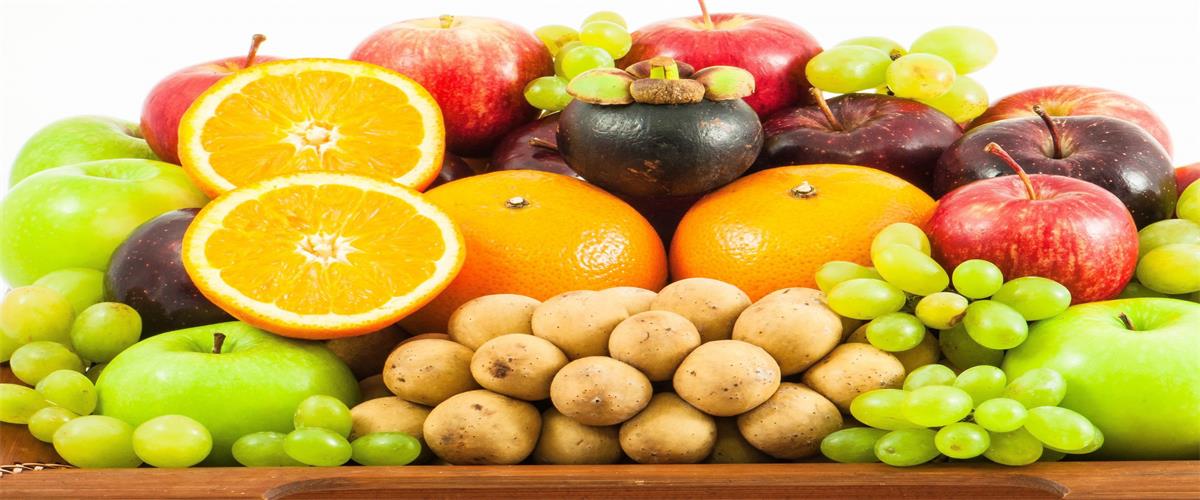7,8-Dihydroxyflavone is a naturally occurring compound found in plants that has gained significant attention for its potential benefits on brain function and memory. This flavone compound belongs to a class of chemicals called flavonoids, which are known for their antioxidant and anti-inflammatory properties. Research has shown that 7,8-dihydroxyflavone may have numerous positive effects on the brain.
7,8-Dihydroxyflavone is a potent and versatile compound belonging to the flavonoid family. Flavonoids are natural compounds widely distributed in plants and play vital roles in a variety of biological processes. One of the remarkable qualities of 7,8-dihydroxyflavone is its ability to interact with and regulate proteins and enzymes in the body, which has aroused great interest in the scientific community.
Research has shown that the compound 7,8-dihydroxyflavone has potential health benefits, possessing antioxidant, anti-inflammatory and neuroprotective properties. Among them, the strong antioxidant activity of 7,8-dihydroxyflavone enables it to scavenge harmful free radicals in the body and prevent oxidative stress from causing cell damage and various diseases. The research conducted so far on 7,8-dihydroxyflavones is encouraging, but more research is needed to determine the efficacy and safety of 7,8-dihydroxyflavones for use in humans. Nonetheless, this flavonoid compound holds great promise as a potential dietary supplement or drug candidate in the future.
7,8-Dihydroxyflavone is a natural compound, also known as 7,8-DHF,that has received a lot of attention in recent years for its potential benefits to human health.
This naturally occurring compound belongs to the flavonoid family and is found in a variety of plants, including the root of Scutellaria baicalensis.

1. Improve cognitive function
Research shows that this compound acts as a TrkB agonist, meaning it activates TrkB receptors in the brain. These receptors are responsible for promoting the growth and survival of neurons, as well as enhancing synaptic plasticity -- the brain's ability to adapt and change. By stimulating TrkB receptors, 7,8-dihydroxyflavone has been shown to improve memory and cognition. This makes it a potential therapeutic agent for treating neurodegenerative diseases such as Alzheimer's disease.
2. Antidepressant effect
By activating TrkB receptors, the compound promotes the growth of new neurons in the hippocampus, an area of the brain involved in mood regulation. Animal model studies have shown that 7,8-dihydroxyflavone can reduce depressive symptoms and enhance stress resistance. These findings suggest that this compound could be used as a natural alternative to traditional antidepressants.
3. Anti-inflammatory properties and antioxidant capacity
7,8-Dihydroxyflavone is a potent antioxidant that helps protect cells from oxidative stress caused by free radicals. This protection reduces the risk of chronic disease and slows down the aging process.
Brain inflammation may contribute to the development and progression of various neurological diseases, including Parkinson's disease and multiple sclerosis. Research shows that 7,8-DHF has anti-inflammatory properties that help reduce inflammation in the brain and prevent neurodegeneration. By inhibiting the production of pro-inflammatory molecules, the compound may have the potential to reduce symptoms and slow the progression of these debilitating diseases.
4. Has Potential for Treating Anxiety Disorders
Animal studies have shown that the compound can reduce anxiety-like behavior by activating TrkB receptors in the amygdala, an area of the brain involved in fear and anxiety responses. By modulating the activity of these receptors, 7,8-dihydroxyflavones may provide a natural and effective way to manage anxiety without the side effects associated with traditional anti-anxiety medications.
Before delving into food sources, let's understand what 7,8-dihydroxyflavone really is. It is a naturally occurring flavonoid that belongs to the class of flavonoids. Flavonoids are plant-based compounds known for their antioxidant properties, which help protect cells from harmful free radicals.
Now, let's explore some foods that contain high amounts of 7,8-dihydroxyflavone:
1. Citrus fruits
One of the best sources of 7,8-dihydroxyflavones are citrus fruits such as oranges, lemons, grapefruit and limes. These fruits are not only rich in vitamin C, but also contain a variety of flavonoids, including 7,8-dihydroxyflavone.
2. Berries
Berries like blueberries, strawberries, raspberries, and blackberries are known for their high antioxidant content. These delicious fruits are also a great source of 7,8-dihydroxyflavone, giving you double the health benefits.
3. Dark Chocolate
Great news for chocolate lovers! Dark chocolate, especially one with a high cocoa content, contains high amounts of 7,8-dihydroxyflavonoids. However, choose varieties with the least amount of added sugar to reap the full benefits.
4. Green tea
In addition to being a popular beverage, green tea is also rich in flavonoids, including 7,8-dihydroxyflavone. Regular consumption of green tea can help increase your antioxidant intake and support overall health.
5. Soy
If you are looking for a plant source of 7,8-dihydroxyflavone, soy is a great choice. Not only are they high in protein, but they also contain various flavonoids that contribute to their beneficial properties.
6. Green leafy vegetables
Vegetables such as kale, spinach, and broccoli are not only low in calories, but also rich in antioxidants. These leafy greens are an excellent source of 7,8-dihydroxyflavone, as well as other essential nutrients.
7. Red wine
Cheers! Moderate drinking of red wine contains a type of flavonoid called resveratrol, which includes 7,8-dihydroxyflavone. This compound is thought to contribute to the cardiovascular benefits associated with moderate red wine consumption.
Incorporating these foods into your diet can provide you with a host of benefits associated with 7,8-dihydroxyflavone.

7,8-Dihydroxyflavone, also known as DHF or baicalein, is a naturally occurring flavonoid found in a variety of plants, including the root of Scutellaria baicalensis. This compound has received a lot of attention in recent years for its potential health benefits and therapeutic properties. However, when considering the safety of any substance, it is crucial to examine the available scientific evidence. So, is 7,8-dihydroxyflavone safe?
In terms of its safety, limited research has been conducted on direct human consumption of 7,8-dihydroxyflavone. Therefore, making conclusive statements about its safety is challenging. However, animal studies have provided some valuable insight into its potential toxicity. Various animal models have reported no significant side effects following DHF administration, even at relatively high doses. This suggests that 7,8-dihydroxyflavone may be well tolerated, at least within the parameters studied.
However, caution must be exercised when drawing conclusions based solely on animal studies. The effects of the substances may vary significantly between species, therefore, caution is required when extrapolating the results to humans. Furthermore, the lack of comprehensive long-term human studies has prevented a clear assessment of its safety.
7,8-Dihydroxyflavone (7,8-DHF) is a naturally occurring flavonoid that has received a lot of attention for its potential health benefits, however, it is very important to know the recommended dosage and recommendations when using 7,8-DHF important.
It is important to consult a healthcare professional when it comes to dosage of 7,8-DHF, as the appropriate dosage may vary based on many factors such as age, weight and specific medical conditions. The current study suggests a range of dosage options, typically 20 to 60 mg per day. However, it should be noted that these recommendations are not set in stone and may change as more scientific evidence is gathered. 
When purchasing 7,8-DHF dietary supplements, it is essential to choose a reputable and trustworthy manufacturer to ensure the safety and efficacy of the product. Reading customer reviews and checking third-party lab tests can also help determine a product's reliability. It is very important to follow the advice of your healthcare professional. They will be able to provide personalized guidance based on your medical history and current health conditions. It is always recommended to start with the lowest effective dose and gradually increase as needed under the supervision of a healthcare professional.
Before incorporating 7,8-DHF into your daily regimen, it is important to be aware of any potential side effects or drug interactions. Although 7,8-DHF is generally well tolerated, some people may experience mild gastrointestinal distress or allergic reactions. Also, be sure to inform your healthcare professional of any medications or supplements you are currently taking to avoid any potential interactions. Remember that taking any supplements should always be under the direction of a healthcare professional to optimize your health.
Q: How long does it take for 7,8-dihydroxyflavoneor to work?
A: The speed at which 7,8-dihydroxyflavone (7,8-DHF) takes effect can vary depending on several factors. In scientific studies, 7,8-DHF has shown to have various effects, such as promoting neurotrophic factor release and neuroprotection. The time it takes for these effects to manifest can range from hours to days or even longer, depending on the specific mode of action and target of the compound.
Disclaimer: This article is for informational purposes only and should not be considered medical advice. Always consult a healthcare professional before using any supplements or changing your healthcare regimen.
Post time: Jul-04-2023






